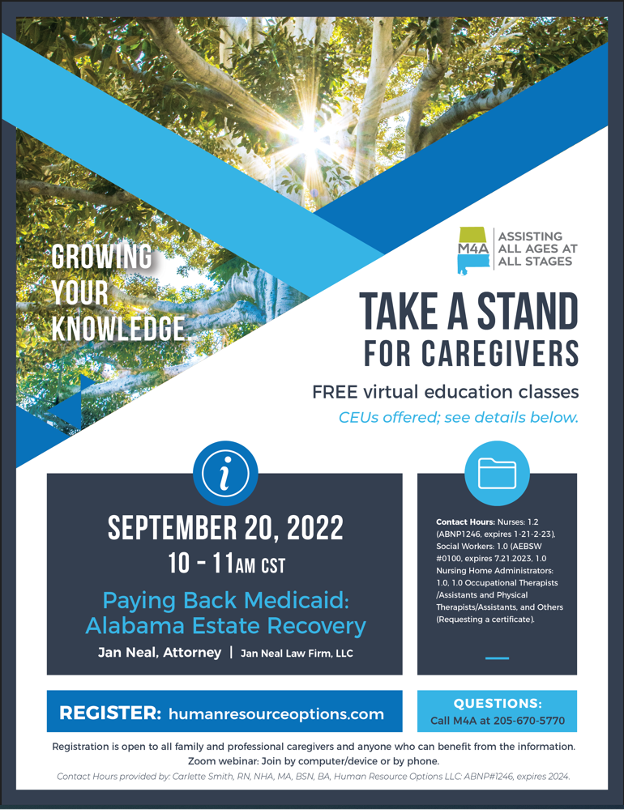Congress enacted the Families First Coronavirus Response Act (FFCRA) in March 2020. The FFCRA prohibits states from disenrolling Medicaid recipients until the public health emergency (PHE) ends. In addition to the ban on disenrollment, the FFCRA stopped the redetermination of eligibility. This kept more than 20 million people covered by health insurance during the COVID-19 pandemic.
The PHE has been extended several times. The latest extension expires on January 11, 2023.
When the PHE ends the FFCRA provisions that keep low-income people insured will end, leaving many people without benefits after the redetermination of eligibility resumes. During the PHE States could only disenroll people if they were no longer a state resident or if the recipient voluntarily left the program. But after the PHE ends procedures will return to pre-pandemic business as usual requiring people to renew their Medicaid coverage every year by confirming to state officials that they still meet income and other eligibility requirements. Change in income and/or resources could render some Medicaid recipients no longer eligible for benefits. Having an outdated address with Medicaid could also result in a loss of benefits if the person on benefits cannot be located for a redetermination.
The Alabama Medicaid Agency warns that you need to have your current address on file with the agency in order to receive notice of changes in benefits. Otherwise recipients could show up at a doctor’s office or pharmacy to find out their coverage was cancelled because they did not complete their Medicaid renewal form.
Go to this publication for Alabama Medicaid’s notice of Planning for the COVID-19 PHE Unwinding:



